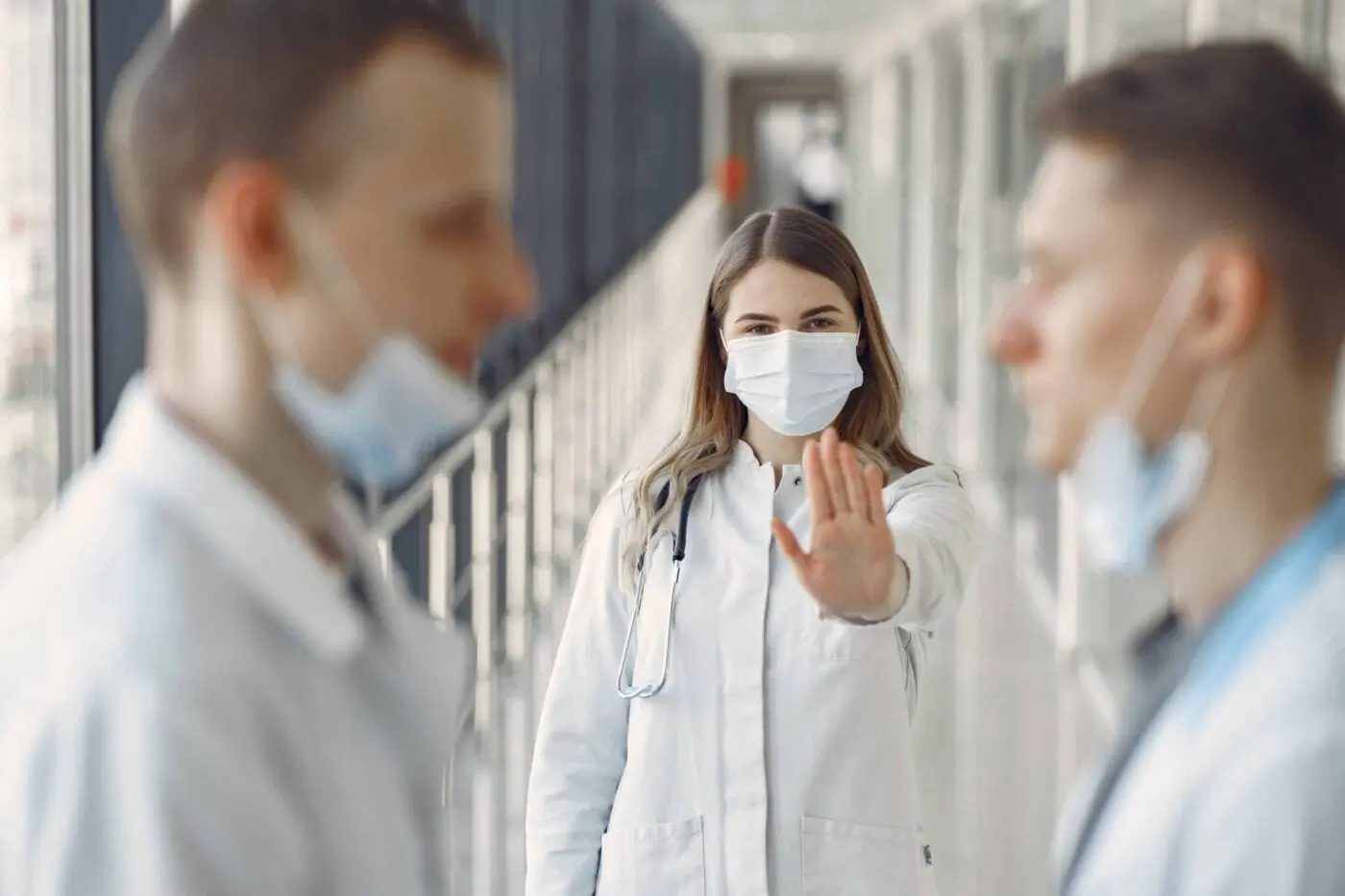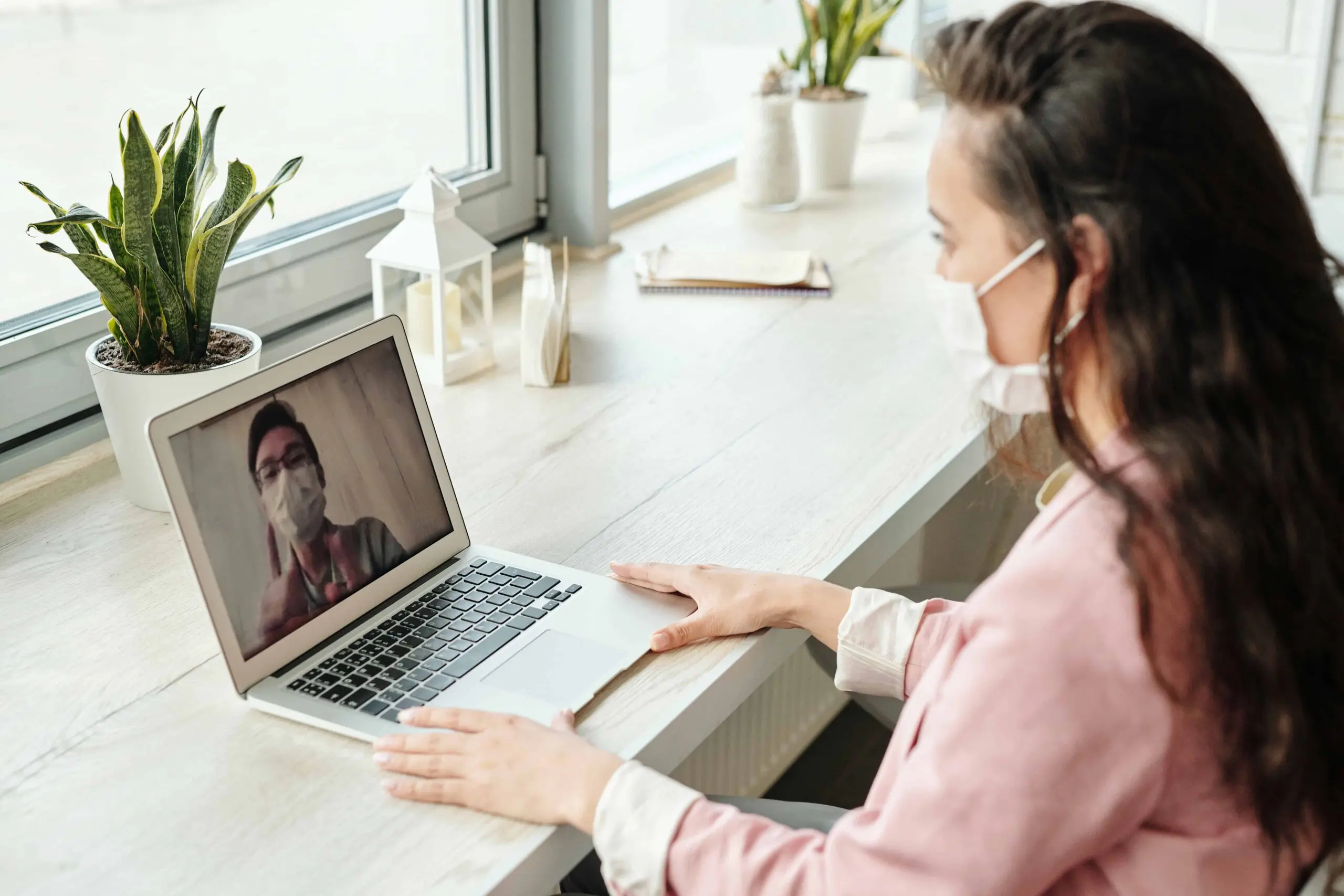
Back to work – Seven tips from seven doctors
GPs and consultants offer advice on how to stay healthy and keep protected as you make a return to work
After the Prime Minister’s announcement yesterday that the lockdown is set to be gradually lifted this month. Britain is getting back to work to begin the process of rebuilding businesses, careers and the UK economy. Yet, people are worried and concerned that by returning to their places of work, they may be putting themselves and their loved ones in danger.
Dr Morton’s – the medical helpline has been providing free consultations for nurses, doctors and frontline NHS staff during this pandemic through Tonsmor Volunteer NHS Doctors. Below, seven Dr Morton’s GPs and consultants give their expert advice to help keep workers safe.

Get back into a routine
Dr Ellen Welch, GP and member of the 111 COVID response team online. Author of The NHS at 70
“Routine and rhythm are very important to how humans function. If you’ve ignored this over recent weeks, work towards re-establishing a new pattern.
Set your alarm for an early start. Get up and get dressed. No more pyjamas at midday! Your commute may look different post-lockdown, so plan your socially distanced route into work. Walking or cycling can give you your daily dose of fresh air and exercise.
If working from home has been a success, consider incorporating this into your routine for part of the working week to continue to maximise social distancing. Swap lockdown fridge raiding for regular mealtimes and resist the late-night Netflix binging and get to bed on time.”

Keep a balanced diet
Eleanor Strang, Nutritionist
“You may have slipped into bad habits during lockdown so get your diet back on track!
It’s easy to snack and graze during the day when you have constant access to the kitchen. Try and return to three square meals. The process of digestion works best when it has four to five hours to complete that process before the next new food arrives.
Keeping blood sugar balanced by choosing foods with fibre and including protein with each meal, will help to sustain your energy between meals. Eating with a blood sugar balance to reduce diabetes risk is very important.” ( https://www.drmortons.co.uk/blog/choosing-the-right-foods-to…)

Exercise is vital
Dr Carey Wolfe, GP and Sports Medicine Specialist
“If you’ve started to walk or cycle for an hour every day during lockdown, why not continue doing so? Walk or cycle to work if at all possible, allowing the right amount of time to stretch afterwards. There is no better time to get out to exercise more while the air quality is still so much better than it was before lockdown.
Exercise improves your endorphins, which make you feel so much better. There is ample evidence that exercise has as good, or even better, effects than medication on your physical and mental health, for several conditions. That should not mean you abandon your medication, but you could discuss with your doctor whether your medication might be reduced, as you regularly exercise more.”

Social distancing and meticulous hygiene remain imperative
Dr Jim Price, GP
“It is really important that stringent protection and hygiene measures continue in order to minimise the spread of infection. Regular and effective hand washing and having plenty of hand sanitiser is essential – I always carry a small squirty bottle of sanitiser in my pocket.
If your work premises has been closed for a period of time, you should carry out a deep-clean before you reopen. See the latest advice on transmission here. Keeping the air circulating with windows open and using fans makes intuitive sense. You should also sanitise hard surfaces such as computers, keyboards, desks at work at least twice a day.
Encourage your team to download the NHS contact tracing app.
Try and keep to the two-metre rule where possible. If the Government advice is to wear masks (e.g. cloth masks), please wear them – for others if not you.
Let’s not throw away all the good practices we have developed during the crisis!”

Your mental health – stay positive and be kind
Dr Tim Cantopher, Consultant Psychiatrist
“The mental health and psychological impact on workers is also worth bearing in mind. These include anxiety about the ongoing health crisis and fear of infection as well as financial worries. Some people will have been ill or are bereaving a member of their family or a friend. The work culture should be inclusive so that every employee feels they are returning to a supportive and caring environment.
“Most importantly, be kind. The power of kindness cannot be overstated enough.”
Advice for Women, Pregnant or otherwise
Dr Karen Morton, Consultant Obstetrics and Gynaecology
“Pregnant women do not seem to have any additional risk to COVID infection. That said, it can be an anxious time for some women and their feelings and concerns should be respected. If they wish to work there is no reason why they should not do so.
Screening for breast cancer and cervical smear testing has been suspended, so make sure you get this back on track.
I am worried that women will have ignored a whole range of symptoms from heavy bleeding to abdominal pain and swelling. We expect 7400 new cases of ovarian cancer every year in the UK. If you have symptoms that you have been doing your best to ignore, don’t delay. Now is the time to get advice.”
If you begin feeling unwell
Dr Tanya Lawson, GP
“The same advice applies as before, if you have a dry cough, a fever, a feeling of pressure or discomfort in the chest and or shortness of breath, with or without muscular aches, you should contact 111 in the first instance by telephone or online. However, in these uncertain times, we must be vigilant to other infections or illnesses that may not be related to coronavirus.
So, you may wish to talk to us about other less severe symptoms. For example, you may regularly have hay-fever at this time of year and are wondering if your cough, with no other symptoms, is related to that.
If you have been told by 111 that you probably have COVID 19 or have tested positive, you should self-isolate for seven days from when you first had symptoms or until 48 hours after your temperature has returned to normal, whichever is the latter of the two.
If you are a key worker, or living with a key worker who has symptoms of COVID 19, or have been told to get a test by 111 please get tested. You can do this via the government website – https://self-referral.test-for-coronavirus.service.gov.uk/“

“Whilst we all want to be returning to a semblance of normality and our places of work to boost our self-esteem and the economy, it is vital that we take extra care and measures. These are in place to make sure that we don’t give this virus a second chance to lock us all down again,” summarised Dr Morton.
Message from Dr Morton
Dr Morton’s is a medical helpline© founded by Dr Karen Morton and 70 Founder Doctors to provide direct speedy access to experienced UK Doctors for inexpensive confidential reassurance or advice with consultations by phone, video or email.
Dr Morton’s started as a pay for service to make it sustainable but now offers free consultations for nurses, doctors and frontline NHS staff
